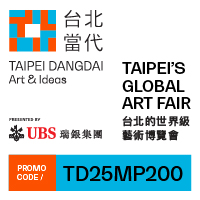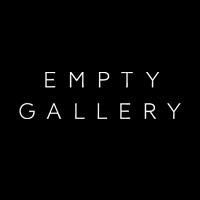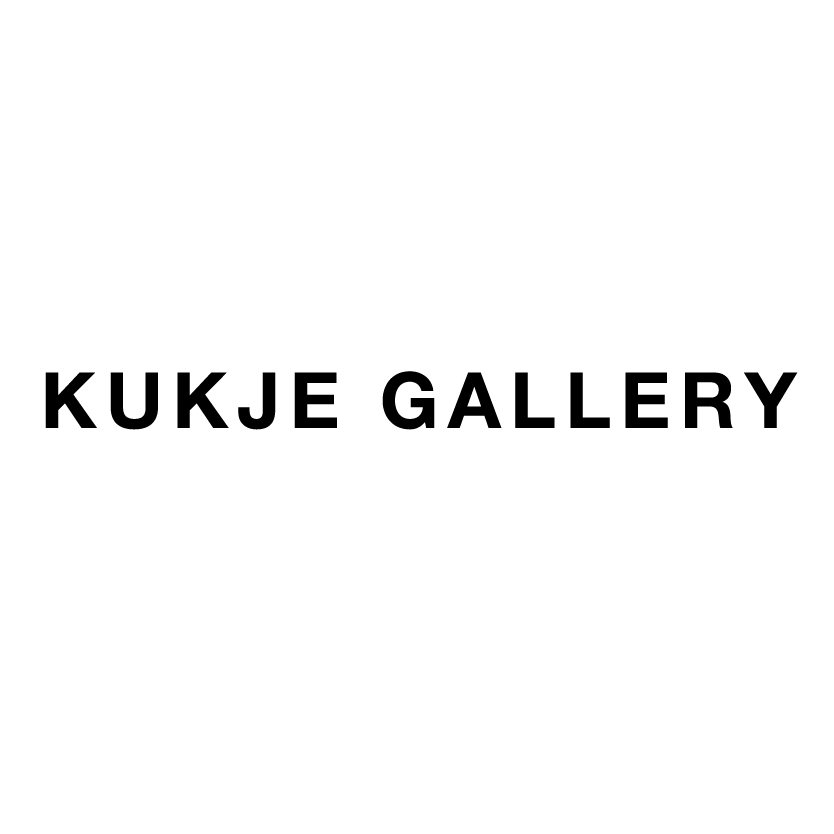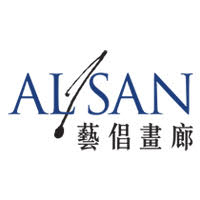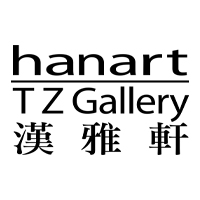Freedom of Expression Costs Millions for Aichi Triennale
By Pamela Wong

Installation view of MEIRO KOIZUMI’s Air #1 (2016) at "After ‘Freedom of Expression?’" at the Aichi Prefecture Museum of Art in Nagoya, 2019. The painting insinuates the secrecy of Japan’s bureaucratic system. Photo by HG Masters for ArtAsiaPacific.
Japan’s Agency for Cultural Affairs (ACA), part of its Ministry of Education, Culture, Sports, Science and Technology, has announced that it will provide a subsidy of JPY 66 million (USD 610,000) for Aichi Triennale 2019, approximately 85 percent of the original JPY 78 million (USD 722,000) grant promised to the Aichi prefectural government following negotiations between the prefecture and ACA.
On September 26, 2019, the Agency refused to pay the full amount of the government grant, citing insufficient information submitted by the Aichi government for the subsidy application as the reason. The Agency maintained that the prefecture had failed to notify ACA of the “serious facts that threatened the safety of the exhibition hall and the smooth operation of the business,” referring to the controversial exhibition “After ‘Freedom of Expression’?” installed at the Aichi Prefectural Museum of Art during the Triennale. The show was shut down on August 3 after receiving threats from senders who claimed that they would burn down the display of previously censored works including Statue of Peace (2011), a sculpture of a comfort woman by South Korean artists Kim Seo-kyung and Kim Eun-sung. Several participating artists protested against the closure by withdrawing their own works from the festival, or altering their works to indicate disapproval. The exhibition eventually reopened in early October, days before the event ended, following an agreement reached at Nagoya District Court between the Triennale organizers and the Aichi Prefectural Museum of Art.
Upon hearing of the Agency’s withdrawal of the grant in September, the Aichi governor Hideaki Omura announced his intentions to sue the ministry. On October 24, the Aichi government filed a statement of disagreement against the ACA, stating that the withdrawal is an “improper disposal.” However, as NHK reported, the prefectural government eventually admitted during the process of the investigation that it was their mistake to overlook the risks of displaying the controversial works. The case did not go to court at the end but initiated negotiations between the local government and ACA, both of whom abide by the latest decision of the discounted repayment, although details of these negotiations have not been fully disclosed to the public.
In response to this latest turn of events, Aichi Triennale artistic director Daisuke Tsuda published a letter on Bijutsu Techo on March 23, revealing that ACA did not require the Triennale to report details of the exhibitions’ displays, nor were inquiries of such information raised during the process of the financial application. He believes that the negotiations exempted the Agency from releasing details of its decision-making process to the public, saying: “The lawsuit between the Aichi government and Agency of Cultural Affairs was almost inevitable. If it had gone to the court, however, the decision-making process that has been hidden by the Agency, will have to be revealed to the public. . . It appears to be a tie between the nation and the prefectural government, but it could be interpreted as Aichi accepting the offer under ‘specific terms and conditions’ set up by the Agency.” The director also quoted Japan’s Arts and Culture Basic Law, urging for a need to readdress freedom of speech as the focus of the matter.
Shortly after the government’s announcement of its refusal to pay the grant, a corresponding campaign, “ReFreedom_Aichi,” was launched by artists including Meiro Koizumi, Chim↑Pom, and Akira Takayama, collecting more than 100,000 online signatures against what is seen as an act of “state censorship.” Kunihiro Noda, a professor of Tottori University, also resigned from his position as ACA’s member of the examination committee in protest against the Agency.
Japan’s International Association of Art Critics (AICA), who previously protested against the Agency’s withdrawal decision in September, expressed concerns regarding the reduction and its “potential impact on ‘freedom of expression’ in the future,” as this creates a precedent for similar cases.
Pamela Wong is ArtAsiaPacific’s assistant editor.
